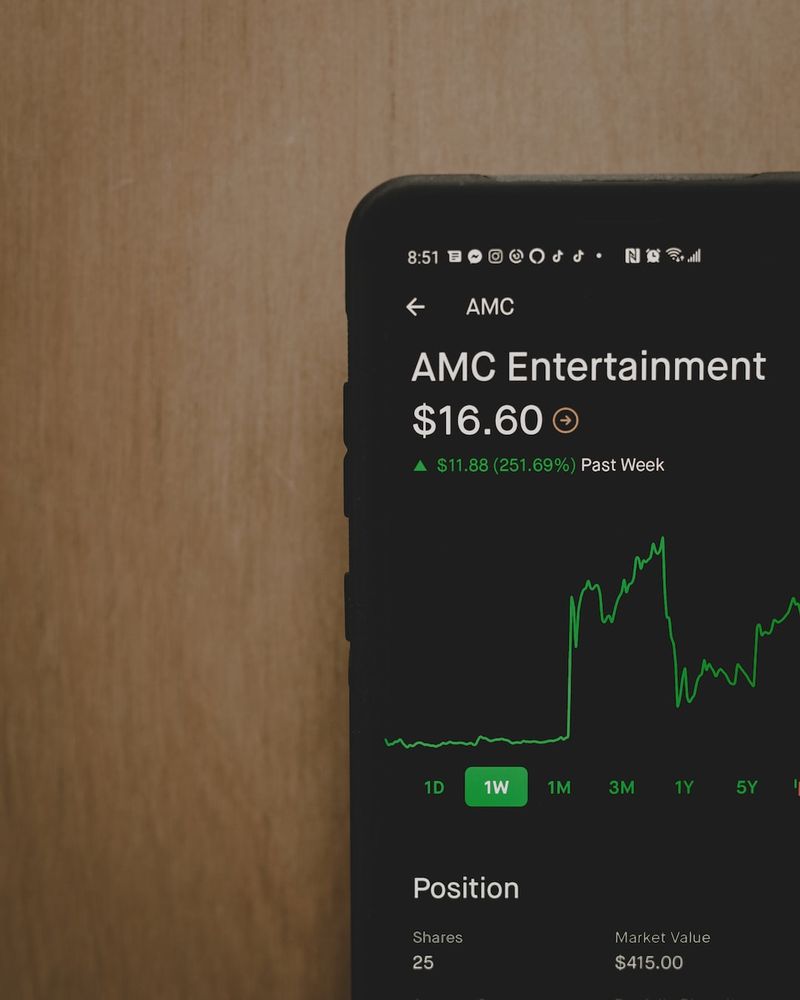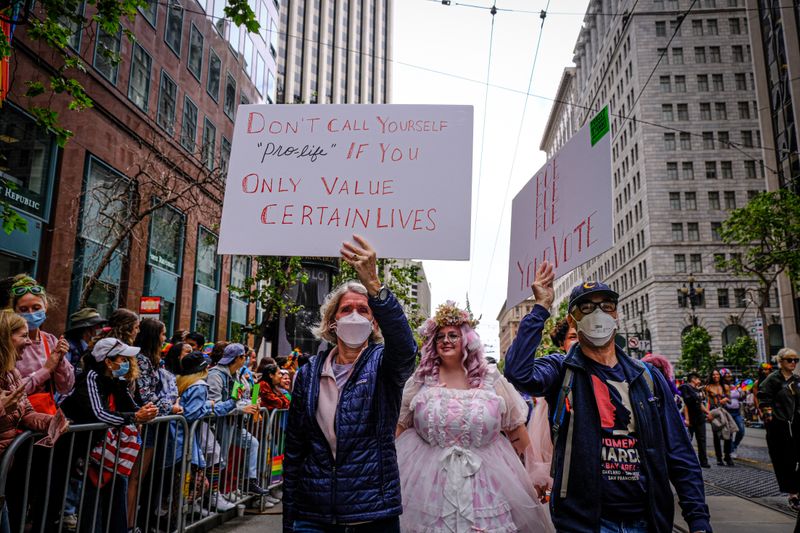- Ecuadorian Presidential Candidate Assassinated: Implications for Politics and Democracy
- You might want to read !
Ecuadorian Presidential Candidate Assassinated: Implications for Politics and Democracy
Introduction
In a shocking turn of events, Ecuadorian presidential candidate Fernando Villavicencio was shot dead while leaving a campaign event in Quito. The assassination comes just days before the upcoming election in Ecuador, where the central issue is the rise of violence and crime. Villavicencio, a former journalist who had collaborated with The Guardian, was an outspoken anti-corruption figure who had alleged links between organized crime and politics. This tragic event raises significant concerns about the state of security in Ecuador and the implications for the country’s democracy.
The Rise of Violence and Crime in Ecuador
The assassination of Villavicencio takes place against the backdrop of a sharp increase in violent and organized crime in Ecuador. Rival drug-trafficking gangs have perpetuated prison massacres, and murder rates have more than doubled between 2020 and 2022. This surge in criminal activity has left Ecuadorians feeling unsafe and has become a pressing concern for more than half of the population. The country’s next president will undoubtedly face the daunting task of addressing this security crisis.
Government Response and State of Emergency
Following the assassination, Ecuador‘s President Guillermo Lasso addressed the nation in a televised speech. He stated that the elections would continue as planned, albeit under a two-month state of emergency. The state of emergency allows soldiers to guard polling stations and reinforces the commitment to holding the elections and strengthening democracy. President Lasso emphasized that the power and democratic institutions should not be handed over to organized crime, even if they disguise themselves as political organizations. Additionally, he declared three days of national mourning to honor Villavicencio.
Security Concerns and Criticism
Villavicencio’s uncle, Galo Valencia, laid blame on the state for not providing sufficient security to his nephew. He described the chaotic scene at the rally, where gunshots were initially mistaken for fireworks until the reality of wounded and injured people became apparent. Valencia’s anguish and frustration with the state’s failure to protect a prominent political figure echo the concerns of many Ecuadorians who feel let down by their government’s inability to ensure their safety.
Political Landscape and Anti-Corruption Efforts
Villavicencio was a vocal critic of corruption, particularly during the government of former President Rafael Correa. His strong stance against corruption was recognized when he was sentenced to 18 months in prison for defamation over statements made against the former president. Villavicencio’s assassination underscores the challenges faced by those who take a stand against corruption in Ecuador. It also raises questions about the vulnerability of anti-corruption figures and the safety measures necessary to protect their lives.
Philosophical and Democratic Implications
The tragic death of Fernando Villavicencio raises philosophical and democratic concerns. It highlights the fragility of democracy in the face of organized crime and the dangers faced by those who champion transparency and accountability. The assassination of a presidential candidate, who was likely to win the election according to some sources, sends a chilling message that no one is safe in Ecuador‘s political landscape. It underscores the urgent need for the government and society to reckon with the pervasive influence of criminal networks and strengthen democratic institutions.
Editorial: Strengthening Democracy and Combating Corruption
The assassination of Fernando Villavicencio serves as a wake-up call for Ecuador to address the deep-rooted problems of violence, crime, and corruption. The government must take immediate and decisive action to restore trust in the democratic process and ensure the safety of all citizens, especially those who dare to challenge the status quo. This requires a comprehensive strategy that includes strengthening law enforcement, improving intelligence capabilities, and providing adequate security to political candidates and public figures. It also calls for a renewed commitment to transparency and accountability, both in government institutions and political campaigns.
Advice for Ecuador‘s Leaders
To effectively combat violence and crime, Ecuador‘s leaders must prioritize solidarity and collaboration. They must work together across party lines to develop and implement comprehensive security measures that address the root causes of criminal activity. This includes tackling issues such as poverty, inequality, and limited access to education and economic opportunities. Additionally, leaders must foster a culture of transparency and accountability, ensuring that corruption is vigorously investigated and punished. By prioritizing the safety and well-being of its citizens, Ecuador can gradually rebuild trust in its institutions and strengthen its democracy.

<< photo by Bill Salazar >>
The image is for illustrative purposes only and does not depict the actual situation.
You might want to read !
- “Deathly Mystery: Investigation Launched as Four Relatives Succumb to Mysterious Symptoms”
- “Exploring Ecuador’s Political Landscape: The Rise of Presidential Candidate Fernando Villavicencio”
- “Leonardo DiCaprio and Jeff Bezos Unite to Launch $200M Fund for Green Initiatives”
- An in-depth exploration of the honorable Arif Virani’s impactful contributions to Canada’s political landscape.
- The Shifting Political Landscape: Portage-Lisgar By-Election Results
- Robert Bowers, gunman in Pittsburgh synagogue shooting, will be sentenced to life in prison without parole
- 5 Key Updates for August 1: Trump, Wildfires, Ford Recall, Space Exploration
- The Former Obama Chef Tafari Campbell: An Unsung Culinary Powerhouse
- Ticket Resale Controversy: Exploring the StubHub Hubbub in Canada
- Stubhub’s Expanded Arbitration Powers: Navigating Covid Refund Disputes




